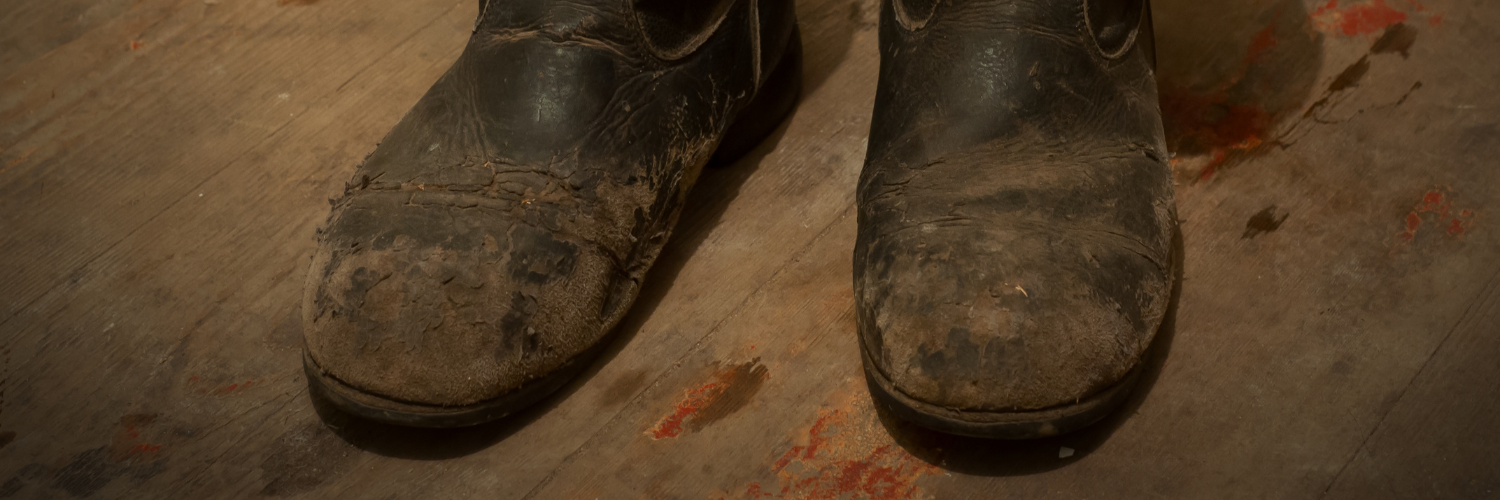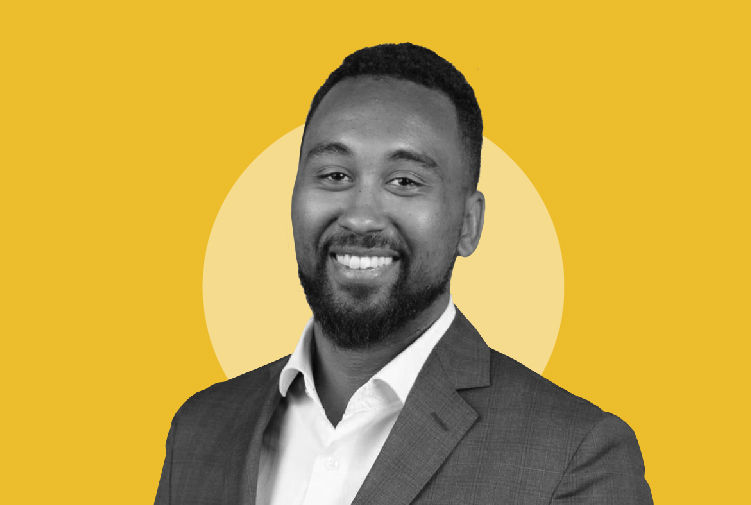

The Vimes Index: being poor is more expensive
Economic inequality manifests itself in various ways, and one of the most notable is the disparity in the costs of living between different social strata. One of the approaches that sheds light on this disparity is the Vimes Index, created by activist Jack Monroe based on the Vimes Boots Theory.
Sometimes writers and thinkers are the ones who provide a more lucid look at society. This is the case of the British writer Sir Terry Pratchet, who in one of his novels develops a conceptual tool to understand why it is more expensive to be poor. In the novels of the Discworld series, Inspector Samuel Vimes develops the Vimes Boot Theory. In summary, he comes to say that if a person has a low salary he will buy cheap boots, instead of expensive ones. But the poor quality of cheap boots will force you to buy boots more often, so in the medium term you will have spent more money on boots than someone who has enough money to buy good boots that won’t break.
This example, applied to all types of products, produces the paradox that, due to having little liquidity, one is forced to spend more and therefore remain poor. The idea behind the Vimes Index is simple but powerful: it suggests that being poor not only means having less money, but also comes with a series of additional costs and barriers that perpetuate the cycle of poverty. This concept has been widely adopted by economists and activists as a way to understand and address economic inequality from a more holistic perspective.
Why is it more expensive to be poor?
In addition to the example proposed by Vimes’ Theory (extrapolated to clothing, vehicles, computers or any other product) there are other variables that make the lives of people with few resources more expensive. For example, having low salaries or little assets, it is very common for these people to lack access to good loans and financial services. In this way, many ends up turning to high-interest lenders or falling for revolving cards. All of this can spiral into debt and increase costs in the long run.
Health and wellness costs also end up being higher, because people with low incomes do not usually have access to preventive medicine. They often do not have adequate nutrition either, because they cannot consume foods of the highest quality. All together results in a higher incidence of chronic diseases and injuries, which in turn generates additional costs in the form of medical treatments and loss of work productivity.
Jack Monroe, everyday inequality
This is the vision of economic activist Jack Monroe, who asked the Pratchett family for permission to create the Vimes Index. What Monroe points out is that it makes no sense for inflation to be calculated taking into account all types of products, because people with low incomes do not consume expensive products. And these expensive products are the ones that frequently have the smallest increases and attenuate the inflationary average. If rice has risen by 300% and champagne by 2%, truffles by 1% and caviar another 1%, statistics will say that prices have risen by 76%, but in reality the poor man’s effort has been triplicate.
The proposal of the Vimes Index is to calculate inflation only with essential products.
Activist Jack Monroe explains the Vimes Index at the 2022 Edinburgh Book Fair.
A representative shopping basket
The Vimes Index offers a valuable lens into understanding why being poor is more costly in modern society. By recognizing the multiple factors that contribute to this dynamic, from limited access to affordable products to the additional costs associated with poverty, we can move toward more effective solutions that address economic inequality comprehensively.
The perspective of activists like Jack Monroe reminds us that economic struggles play out in people’s everyday lives and that solutions must be both structural and practical. By including a variety of products and services in the representative shopping basket, we can obtain a more accurate picture of the challenges faced by low-income people and work toward a future where everyone has access to a dignified and prosperous life.
11Onze is the community fintech of Catalonia. Open an account by downloading the app El Canut for Android or iOS and join the revolution!
Leave a Reply
You must be logged in to post a comment.





👍
Gràcies, Manel!!!
gràciess
Gràcies a tu, Joan!!!